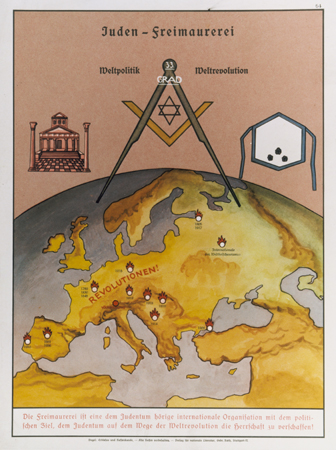 Conversational strategies between men and women differ. Traditionally, men rulled silently inside the family and women complained. They cried and shouted. They claimed: "This is unfair!" When they remained quiet, it was because they complained to the priest in church. He always found ways to motivate them and keep them going as good wives. Keep reading.
Conversational strategies between men and women differ. Traditionally, men rulled silently inside the family and women complained. They cried and shouted. They claimed: "This is unfair!" When they remained quiet, it was because they complained to the priest in church. He always found ways to motivate them and keep them going as good wives. Keep reading.Santaemilia's talk was welcomed by the students because his presentation was clear and well supported by power point visuals, but he had promised more than he gave us. Of course he knows a lot about this field of "gender and language" and we did not want technicisms or too obscure ideas in a foreign language which would be difficult to grasp by intermediate students.
Anyway, he opened the case: the gender system has women in a disadvantageous place, therefore something has to be done in order to make this disadvantage visible. Gender Studies is an aspect of the work being done at Universities all over the world to amend the situation in order to prevent family conflicts or gender violence.
Dr. Santaemilia explained the difference between sex and gender, two concepts that are often confused for while gender is a cultural and dynamic concept, sex, on the other hand, is fixed, as one is born being a male or a female. Traditionally, gender and sex where undifferenciated and this constitutes the origin of the discrimination against women in society.
The speaker could not deal with historic issues to tell us the milestones of feminism and couldn't tell us about Simone de Beauvoir, Mary Woollstonecraft, Aphra Behn, Virginia Woolf, etc. But these woomen contributed enormously to create a new identity for women. Gender identity is the other key issue in Gender Studies. According to Wikipedia "The term is intended to distinguish this psychological association, from physiological and sociological aspects of gender. Acording to Wikipedia "Gender identity is how one personally identifies his or her gender regardless of their sex characteristics. It does not have to be either man or woman, but can be a combination of feminine, masculine and androgynous feelings." "Gender Identity does not refer to the placing of a person into one of the categories male or female; but without including the concept of interaction with society at large the term has no meaning. We are social beings."
Another key figure in the field is Alfred Kinsley, the father of sexology. He was the first to study sexuality from a feminist point of view. Kinsey's reports, which led to a storm of controversy, are regarded by many as an enabler of the sexual revolution of the 1960s. Women became independent and wanted equality.
From the linguistic point of view, if we have a look at jokes, we can realise how male oriented most of them are. "What's the difference between a battery and a woman?" says one. "The battery has a positive side", says the other. "Do you know what's the difference between a woman and a dog?", says one. "Walking the dog is relaxing", says the other.
These jokes show us how language has diminished women throughout history. The Holy Bible, for one thing, is the source of a huge amount of discrimination against women. Writers, such as Oscar Wilde, philosophers as Plato or Russeau have written disapprovingly about women.
Robin Lakoff, the sociolinguist, wrote about Language and Woman's Place in 1975. In this book you can see how language discriminates women. We have no time to deal with these examples here, but reading his book there is no daubt that language is sexist as he gives numerous examples.
The fact is that men don't listen to women (in general). Misunderstandings abound, just look around. The place of women is to be found in stereotypes, expectations, interaction, context. Not only in language, but also outside language. Fortunately, this situation has changed a lot and is still changing, thanks to action taken by progressive organizations and governments.
Did you attend the lecture? Do you have an opinion? Tell us about it!























No comments:
Post a Comment